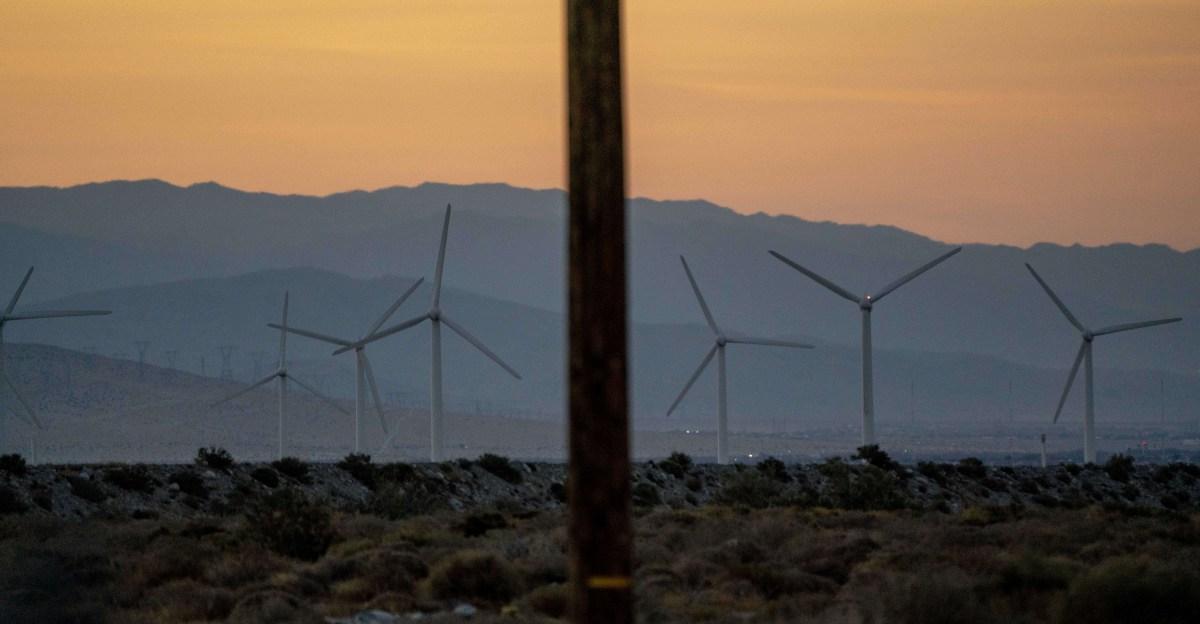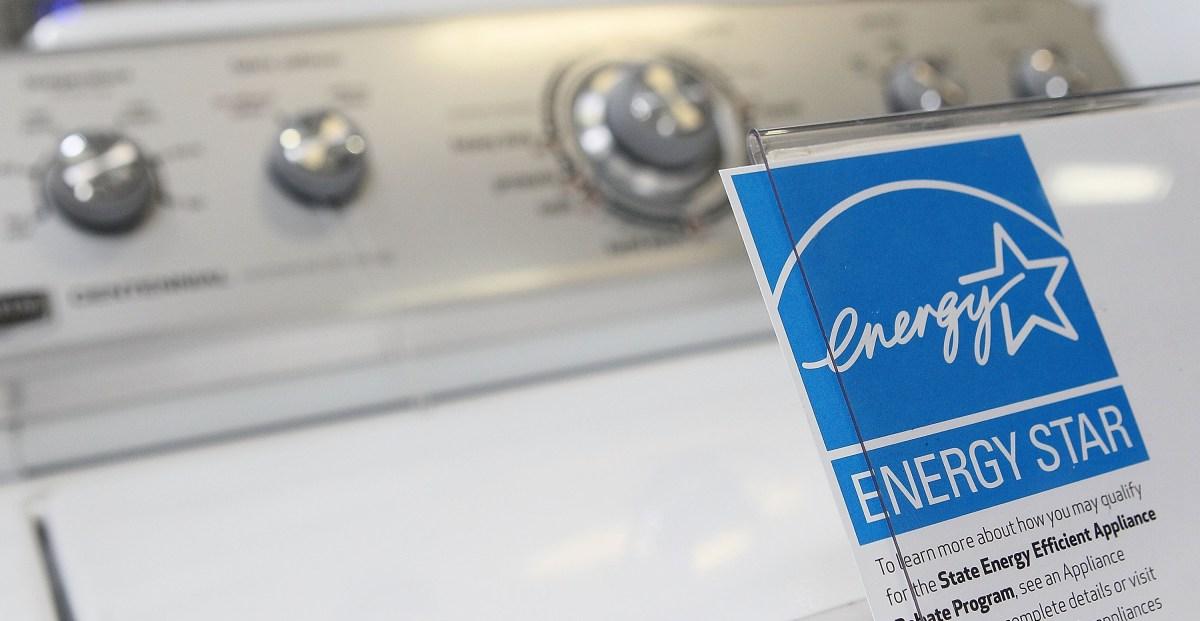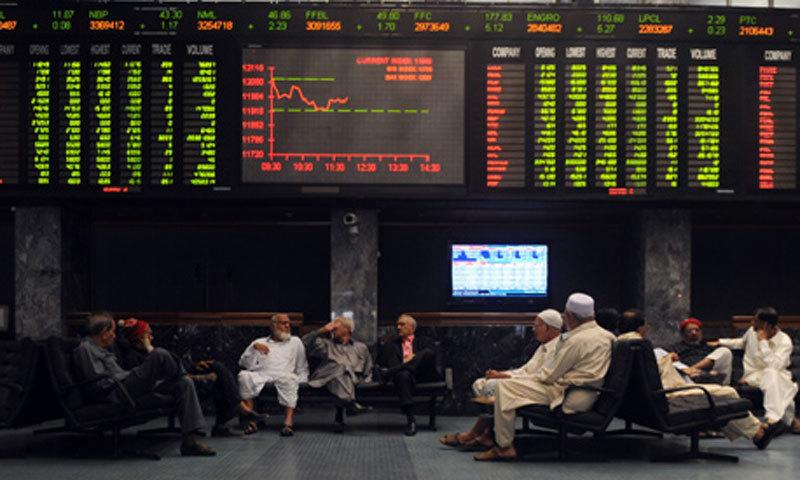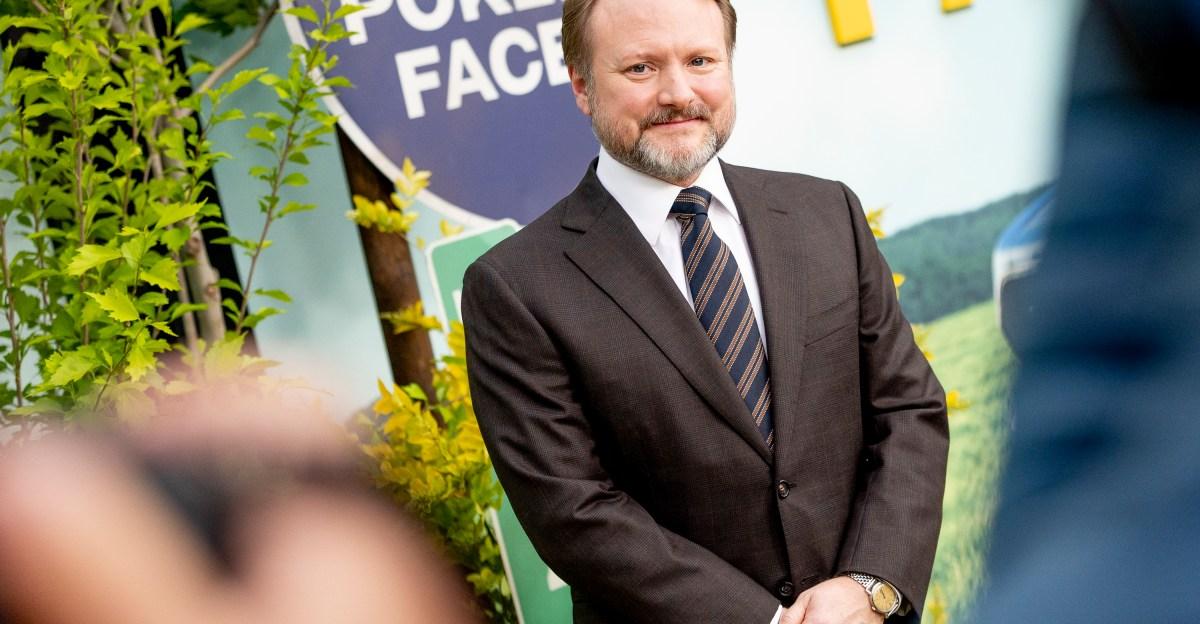- Home
- Technology
- News
Early build of GTA 6 gameplay leaks online, developer confirms
Being ‘extremely disappointed’ in the leak, the developer says game development unaffected


Rockstar Games confirmed that a hacker had leaked the early footage of Grand Theft Auto (GTA) 6 and posted over 90 video clips of the in-development game— in what could be one of the largest leaks in video game history.
Grand Theft Auto developer Rockstar Games has confirmed that the GTA 6 leaks that appeared online on September 18 are real.
A Message from Rockstar Games pic.twitter.com/T4Wztu8RW8
— Rockstar Games (@RockstarGames) September 19, 2022
Close to 100 different videos and images of the Grand Theft Auto VI—the next installment of the best-selling videogame— were shared online anonymously showing footage of robberies, gunplay, fully voiced conversations, open-world driving, and more.
The hacking incident raised fears of a delay in the release of the highly anticipated title, the development of which was confirmed in February. Some analysts were also worried about a potential leak of the game's source code.
The leaks on social media showed two playable protagonists—one male and one female. This could be the first time that Rockstar Games has included a female lead in its GTA series.
The leaked Clips also seemed to confirm the rumors of Rockstar taking the GTA series back to Vice City for the first time since GTA Vice City which launched in 2002.
There’s no official timeline on GTA 6’s release at the moment, but it’s likely going to happen in either 2024 or 2025 based on current predictions.
The hacker claimed to have downloaded the videos from Rockstar Games’ internal Slack, an application used for communication and file sharing between employees.
After publishing the first round of clips, the hacker, reportedly said they intended to publish more, including a “test build” and source code for GTA 6 and its predecessor Grand Theft Auto 5. Later, the hacker said they were willing to “negotiate a deal” with Rockstar Games.
Notably, it's been almost a decade since GTA 5 was released and fans are eager for more.
The most anticipated game has been estimated to generate bookings of $3.5 billion at launch and an annual average of $2 billion thereafter, according to BofA Global Research.

New gas reserves discovered in Sujawal
- 3 گھنٹے قبل

States sue Trump over ‘existential threat’ to wind energy
- 2 گھنٹے قبل
Film director James Foley dies at 71
- 8 منٹ قبل

Dr Lubna Zaheer, Syed Noor join hands to support thalassemia awareness at Noor Foundation
- ایک گھنٹہ قبل

Trump cuts Energy Star program that saved households $450 a year
- 2 گھنٹے قبل

Gold price plummets Rs1,800 per tola in Pakistan
- 16 منٹ قبل

Six killed as military helicopter crashes in Sri Lanka
- ایک گھنٹہ قبل

Rivian gets $16 million from Illinois to build new supplier park
- 2 گھنٹے قبل

Official X account of Ministry of Economic Affairs hacked
- 4 گھنٹے قبل

Indo-Pak clashes: DG ISPR to take foreign media into confidence
- ایک گھنٹہ قبل

Market recovery: KSE-100 surges over 2% after record drop
- 22 منٹ قبل

Drone attacks were to check our locations, says Defense Minister
- 2 گھنٹے قبل










